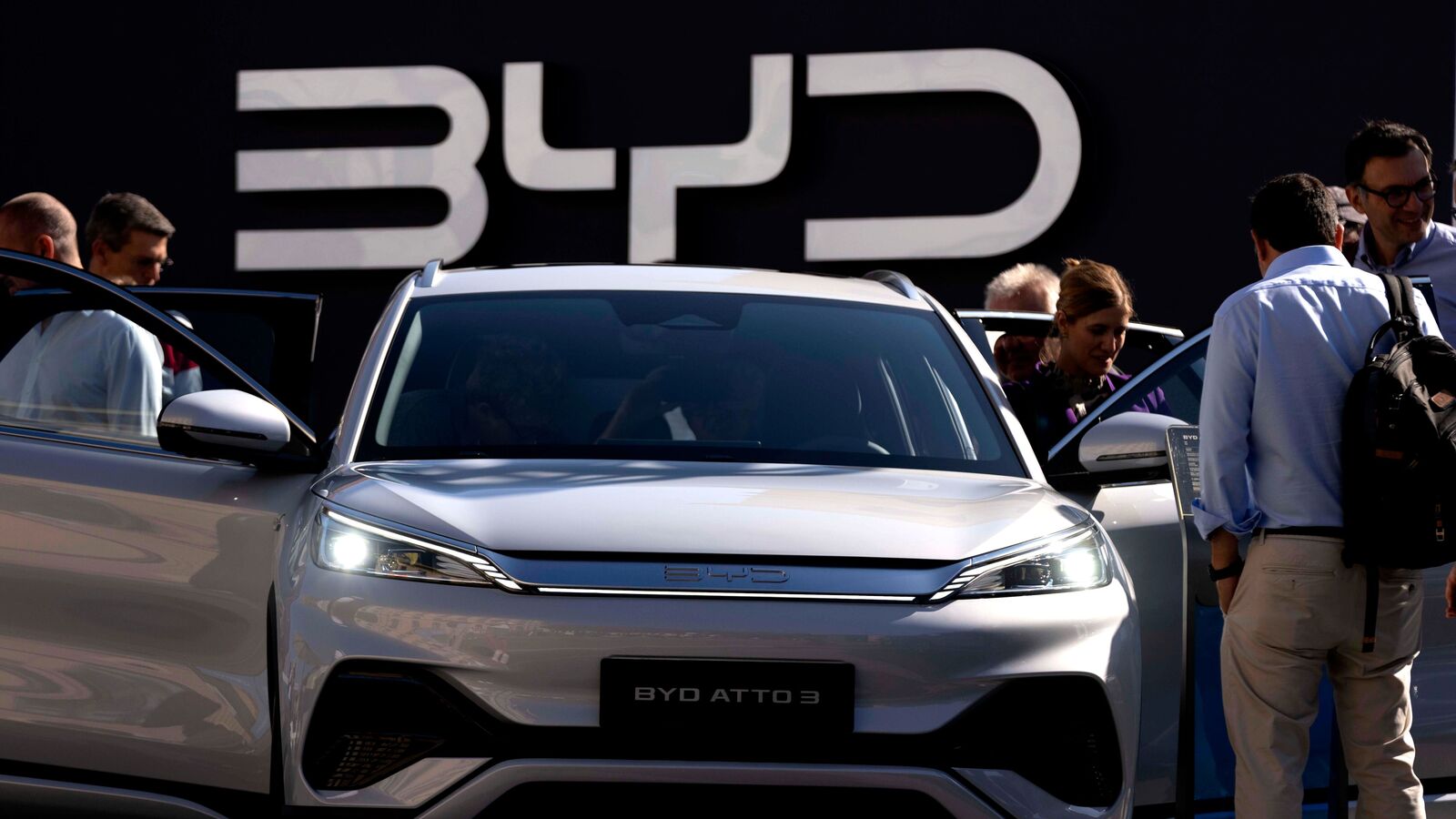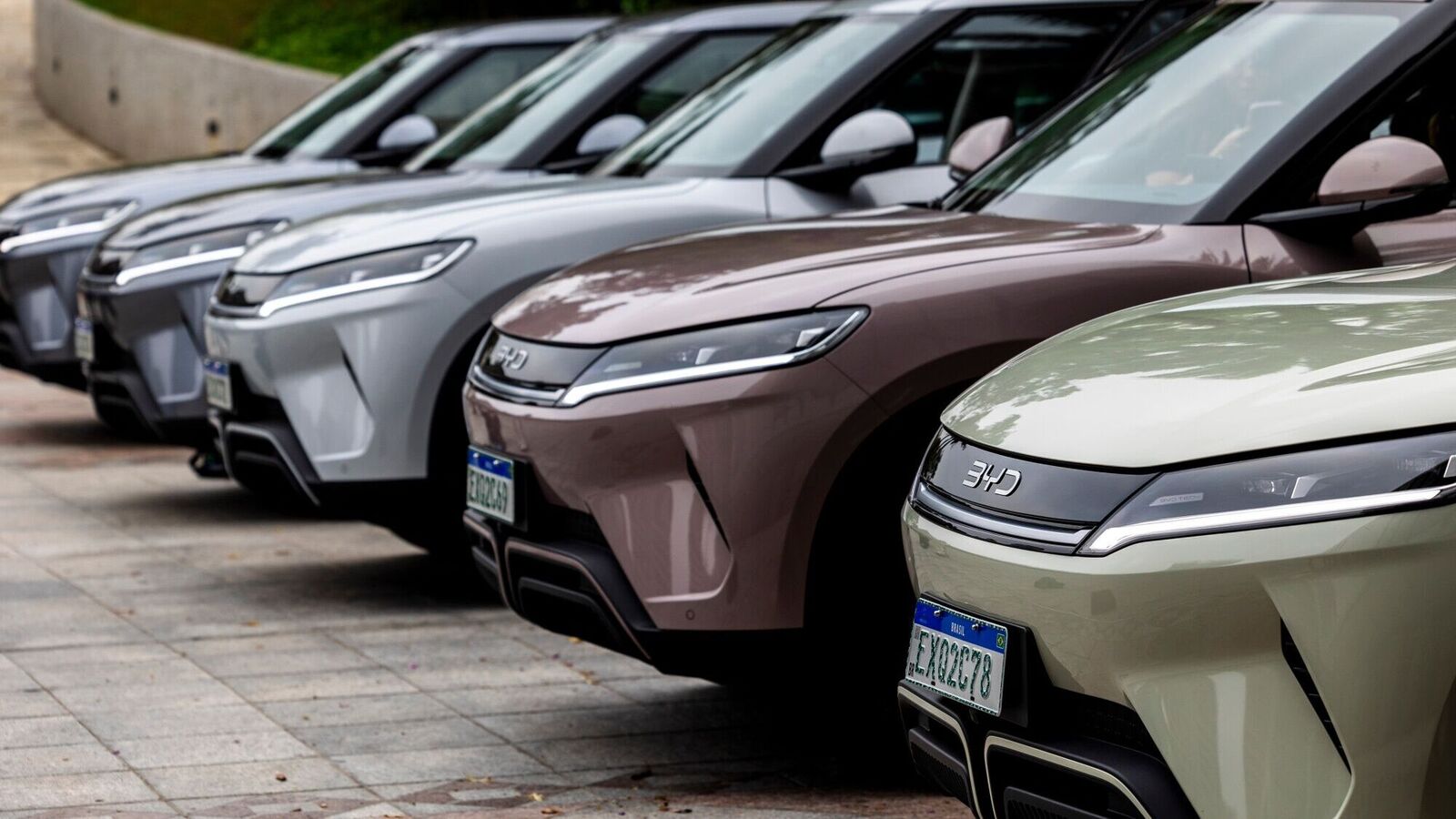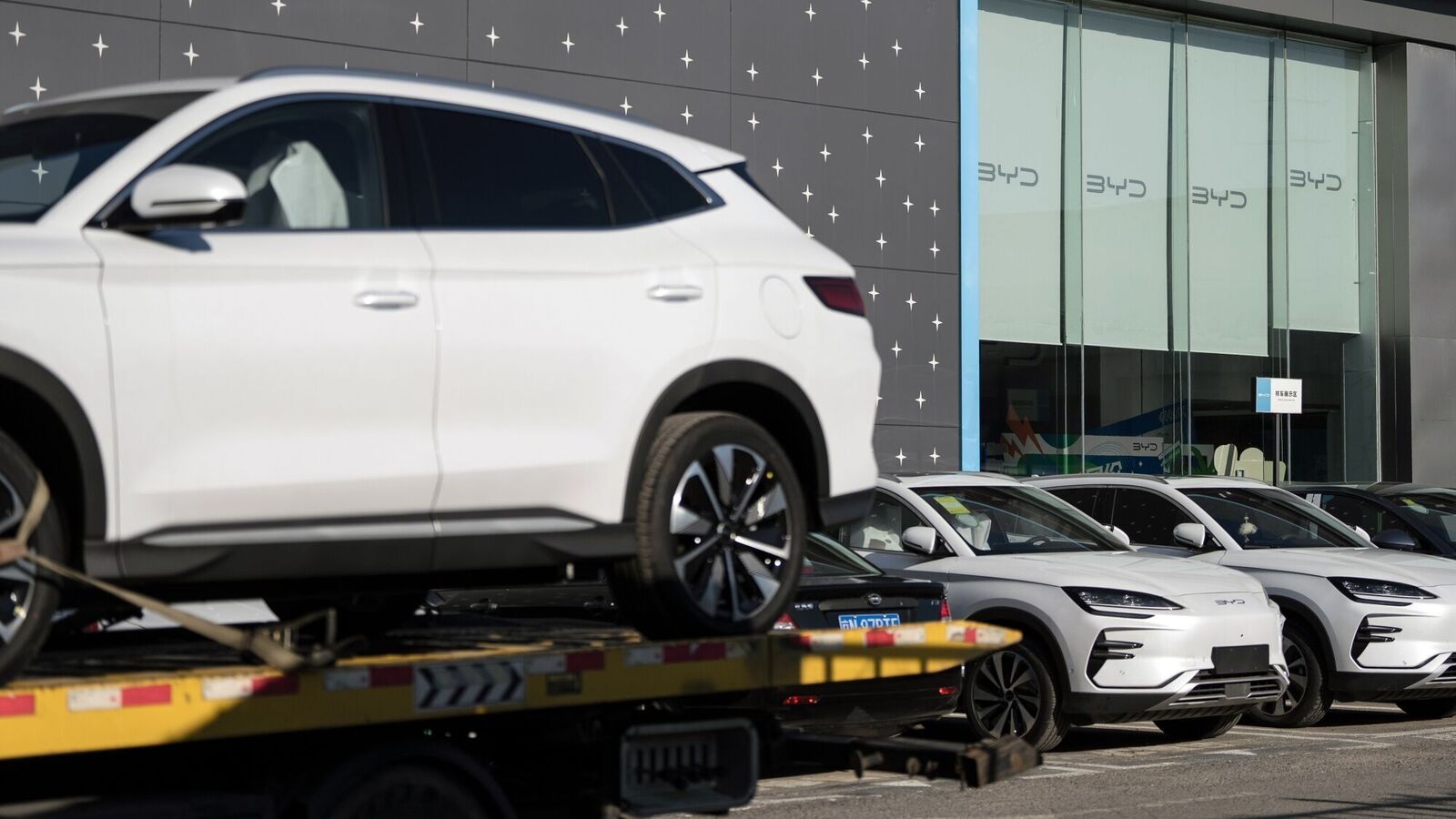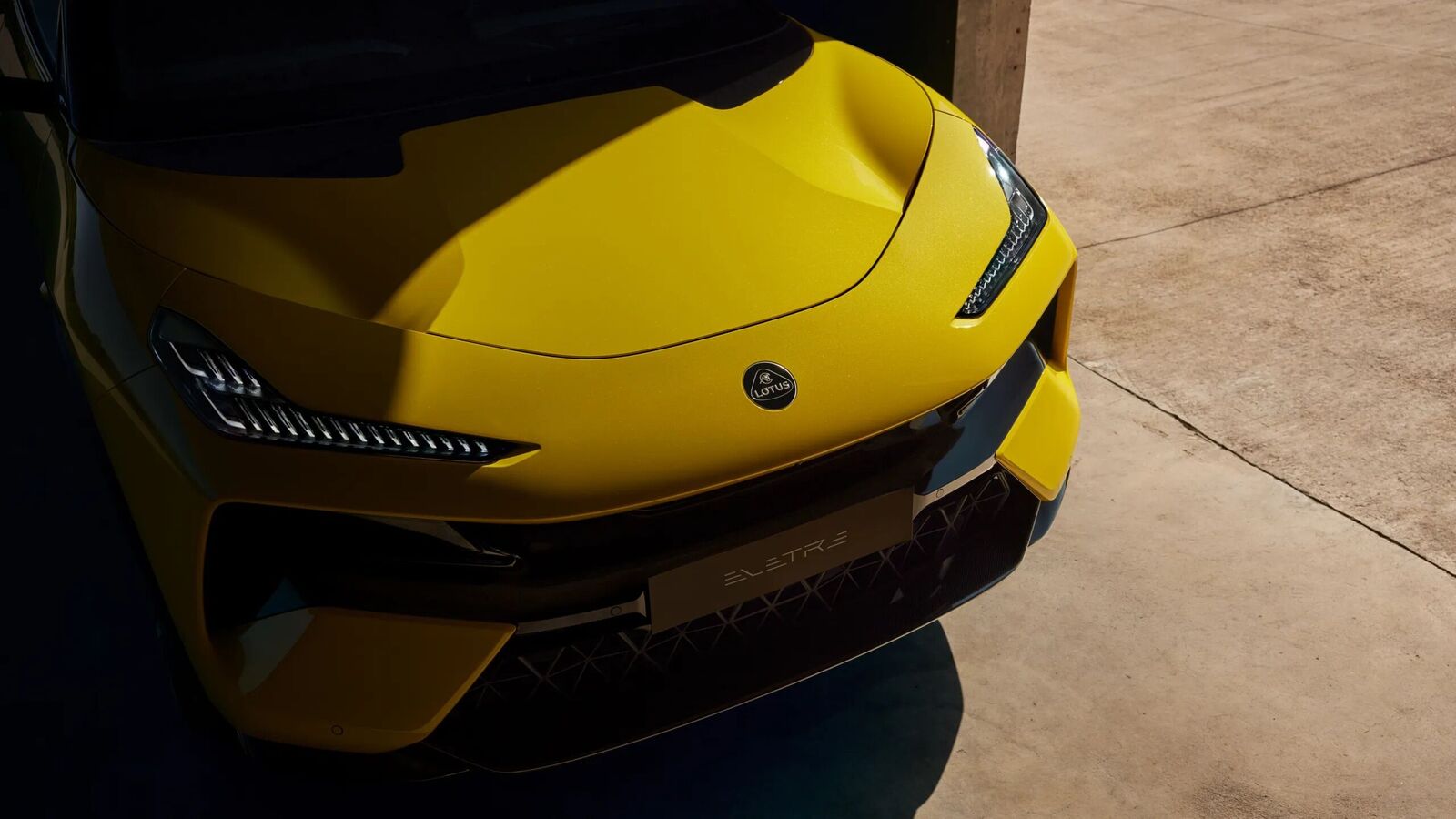In response to declining sales in China, Volkswagen AG plans to cut hundreds of corporate jobs and reduce costs by 20 percent globally.
,
Volkswagen AG has begun cutting corporate jobs in China as it aims to reduce overhead by 20 percent globally over the next three years.
Several hundred local staff have been cut at the group level, according to people familiar with the matter, as Volkswagen grapples with a persistent drop in sales in its biggest market. The company's premium Audi brand has separately cut staff numbers, the people said, asking not to be identified because the information isn't public.
The moves are part of a worldwide effort to reduce costs by 2026, a plan Volkswagen reiterated in August, the company said in response to questions from Bloomberg News, though it declined to specify the size of the layoffs.
Also read: China and EU trade officials in final talks on tariffs on electric vehicles
Volkswagen Group China “will make a significant contribution to this,” the company said in an email. Optimization efforts may also “include direct and indirect personnel costs” such as administration, travel and training, the company said, adding that it was too early to give a number as the effort was ongoing.
A consumer slowdown in China, as well as the market's accelerating trend toward electric vehicles, have left the former stronghold vulnerable for Volkswagen. In August, the company blamed the slowdown in China partly for a second-quarter drop in operating margin. Deliveries on the mainland fell 7.4 percent in the first half and slid 24 percent last year from 2019 levels amid stiff competition from local manufacturers such as BYD Co.
At its German home base, Volkswagen is considering shutting factories for the first time, Chief Executive Officer Oliver Blume said, as the environment in Europe has become even tougher with the arrival of new players.
Also read: US allocates $3 billion to boost EV battery production and counter China
The local cuts are being led by China chief Ralf Brandstätter and will happen in stages, the people said. Beijing’s recent move to raise the country’s retirement age had prompted Volkswagen to reevaluate its personnel levels and accelerate its job-cutting plans, they said.
Some employees were informed of the plan earlier this week, the people said. Some expatriate staff were being sent back to Germany and some mid- to high-level managers were being fired, they said.
See: Tata Curve review: Will it carve a niche for itself?
Overhaul of China
The corporate reform includes structural restructuring, digitisation of processes, streamlining of operations and localisation of certain functions, the company said.
“A significant part of the efficiency target has already been identified in recent months,” VW China said. “Further measures are currently under review.”
Volkswagen’s premium Audi brand, which has more than 700 employees, will be hit hard by the efficiency drive, the people said. A drop in Chinese auto sales as well as a growing shift toward EVs have hurt foreign luxury brands. Mercedes-Benz Group AG issued a profit warning on Friday amid a deepening slowdown in the world’s biggest automotive market.
Volkswagen China makes up a tiny fraction of the company’s 90,000 employees in China, most of whom are employed at its joint ventures.Bloomberg News reported this week that Volkswagen and its longtime partner, SAIC Motor Corp., are separately preparing to shut at least one plant because of a slump in demand for combustion engine vehicles.
The company's share of operating income from Chinese enterprises is expected to fall 20 percent to 2.62 billion euros ($2.92 billion) in 2023, and has dropped by almost half since 2015.
Take a look at the upcoming EV cars in India.
First Publication Date: September 21, 2024, 08:27 AM IST





